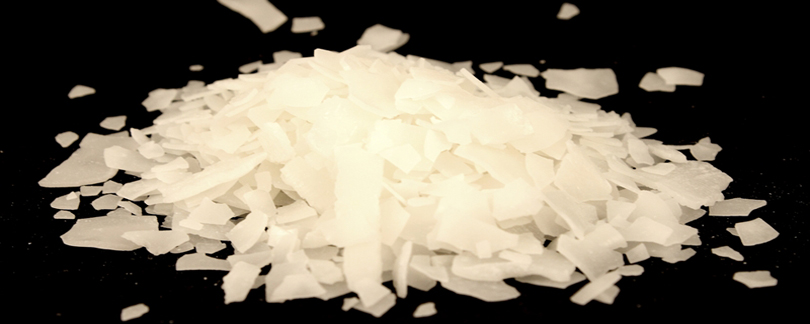RIBONEUCLEIC ACID
Ribonucleic acid (RNA) is involved in translation and transcription, which are the mechanisms in which cells express genes (Alberts et al., 2002). The three classes of RNA discussed are transfer RNA (tRNA), messenger RNA (mRNA), and ribosomal RNA (rRNA).
Ribonucleic acid (RNA) is involved in translation and transcription, which are the mechanisms in which cells express genes (Alberts et al., 2002). The three classes of RNA discussed are transfer RNA (tRNA), messenger RNA (mRNA), and ribosomal RNA (rRNA).
Ribonucleic acid (RNA) is a polymeric molecule essential in various biological roles in coding, decoding, regulation and expression of genes. ... This process uses transfer RNA (tRNA) molecules to deliver amino acids to the ribosome, where ribosomal RNA (rRNA) then links amino acids together to form coded proteins.
They can also be made in a laboratory. RNA and DNA are used as medicine. People take RNA/DNA combinations to improve memory and mental sharpness, treat or prevent Alzheimer's disease, treat depression, increase energy, tighten skin, increase sex drive, and counteract the effects of aging.








